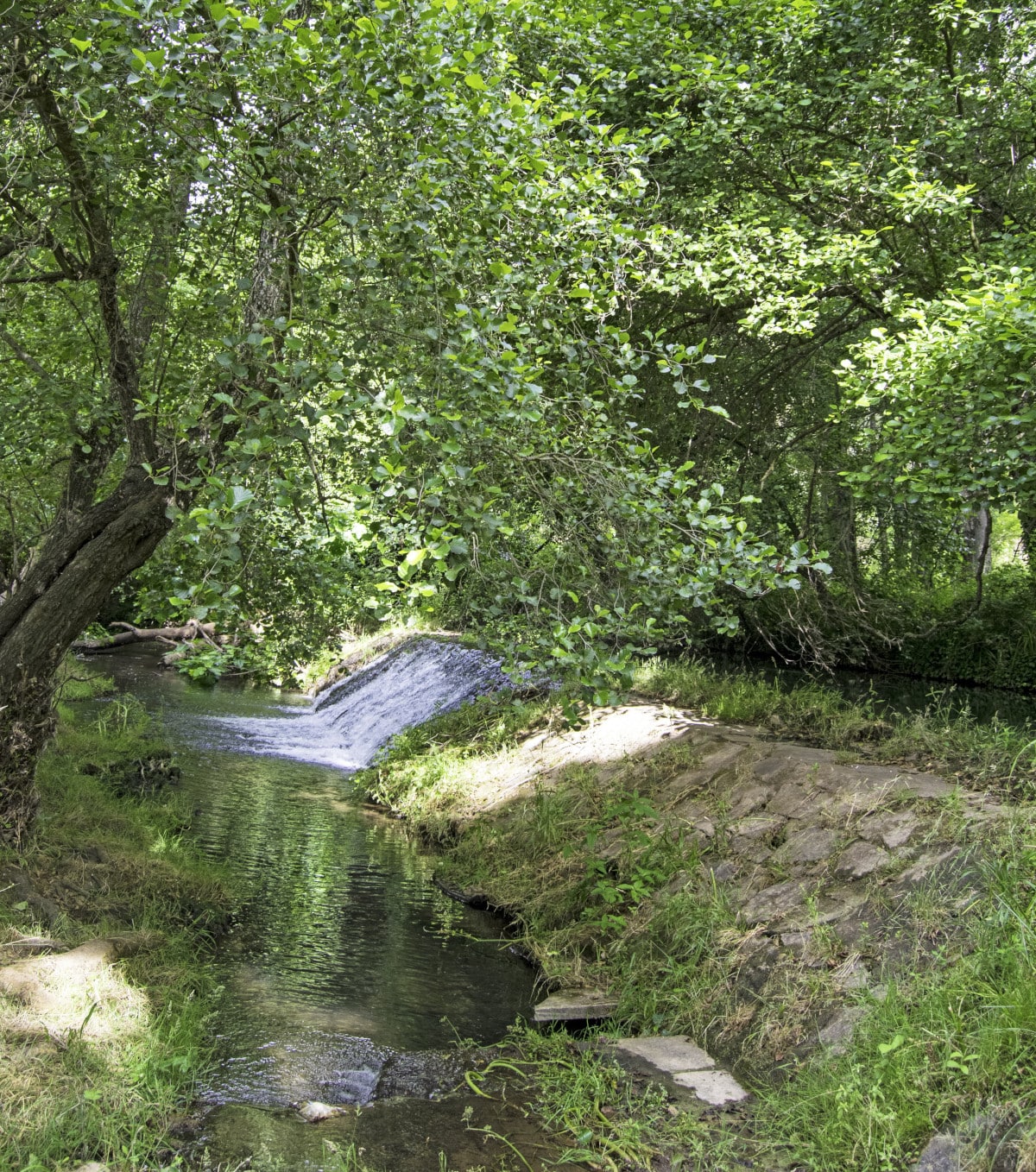Buying Procedure
THE PRIVATE CONTRACT
Once you have chosen a property and we have negotiated a price acceptable to you, we will prepare a contrato privado which we will submit to your lawyer for approval. This will state:
• the seller's name(s)
• the buyer's name(s)
• details of the property, including both its finca number and its catastral reference
• the agreed price
• the amount of deposit to be paid (usually 10%)
• the way in which the balance of the monies will be paid
• confirmation that the property is sold free of charges, mortgages etc.
• the time period agreed by which time both parties will be available to conclude the sale in front of a Notary. This is typically thirty to ninety days but can be any mutually agreed period.
We will also obtain for you a Nota Simple (extract of the title deed) evidencing title to the property and a Catastral Plan which shows the physical boundaries.
Once your lawyer and the seller are happy with the terms of the Private Contract all parties sign the document and you, as the buyer, pay the deposit to the vendor, either directly from your Spanish bank account or via the client account of your lawyer. If both buyer and seller are non-resident and would prefer to pay and receive the funds in a currency other than euros (for example, pounds sterling) it is also possible to make the deposit payment by transfer in that currency, provided that the rate of exchange has been specified in the Private Contract.
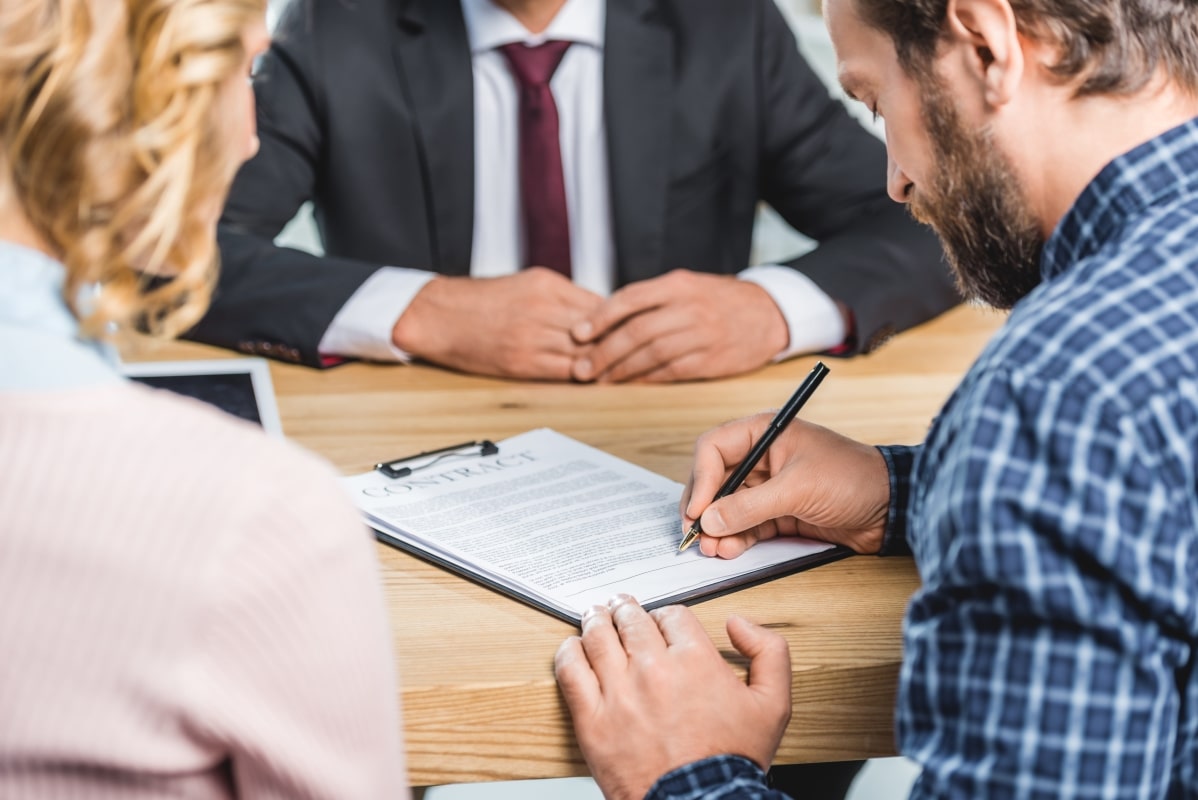

APPOINTING A LAWYER
All lawyers are created equal but some are more equal than others as George Orwell might have said had he had our experience with Spanish lawyers. In appointing a lawyer the principal considerations are geography and context. Just because you know someone who has recommended a hot-shot lawyer working for a multinational firm in Madrid doesn’t mean you are going to get better service or, more importantly, better protection. If you are buying an inland property appoint a lawyer experienced in the purchase of inland property. Don’t appoint a lawyer based on the coast, accustomed to managing the sale and purchase of houses in urbanisations or apartments overlooking the sea. They are two different worlds and the considerations are entirely different. We have worked with between thirty and forty different legal firms over the years and it pains me to say the majority are slow, inefficient and sometimes negligent. Ask us about lawyers!
We very strongly recommend you make a Power of Attorney in favour of your lawyer, even if you intend to be present when signing for the purchase. It will enable him/her to deal with all of the bureaucracy surrounding your purchase and any subsequent modifications you wish to make. It costs little, takes little time and saves you a mountain of headaches.
APPOINTING A LAWYER
All lawyers are created equal but some are more equal than others as George Orwell might have said had he had our experience with Spanish lawyers. In appointing a lawyer the principal considerations are geography and context. Just because you know someone who has recommended a hot-shot lawyer working for a multinational firm in Madrid doesn’t mean you are going to get better service or, more importantly, better protection. If you are buying an inland property appoint a lawyer experienced in the purchase of inland property. Don’t appoint a lawyer based on the coast, accustomed to managing the sale and purchase of houses in urbanisations or apartments overlooking the sea. They are two different worlds and the considerations are entirely different. We have worked with between thirty and forty different legal firms over the years and it pains me to say the majority are slow, inefficient and sometimes negligent. Ask us about lawyers!
We very strongly recommend you make a Power of Attorney in favour of your lawyer, even if you intend to be present when signing for the purchase. It will enable him/her to deal with all of the bureaucracy surrounding your purchase and any subsequent modifications you wish to make. It costs little, takes little time and saves you a mountain of headaches.

SPEEDING UP THE PROCESS
If you have the funds ready to purchase, and the vendor’s documentation is in order, it is not always necessary to execute a Private Contract.
The sale can be concluded very quickly once both parties (or their lawyers) are happy with the documentation. In this case once the new escritura is prepared by the official at the Notary, you and the seller simply attend and sign. This can literally happen in a few days if the title deeds are in order.
Very often, in the case of country properties, there is a variance between the escritura (title deed), catastral plan and reality. Sometimes this is of little import and no change is necessary. On other occasions the lawyer may note a change is necessary but is confident that it can be done, given time. In this case he may recommend you proceed with the purchase but retain a sum sufficient to cover the full cost of rectifying the title. Once the error is rectified, if there is any excess in the retention, this will be returned by your lawyer to the seller.
If the error is fundamental the lawyer may require the seller to take the necessary steps to obtain a corrected escritura, and register it, before the purchase can proceed. Bureaucracy in Spain moves very slowly and this can take up to six months, or even longer.
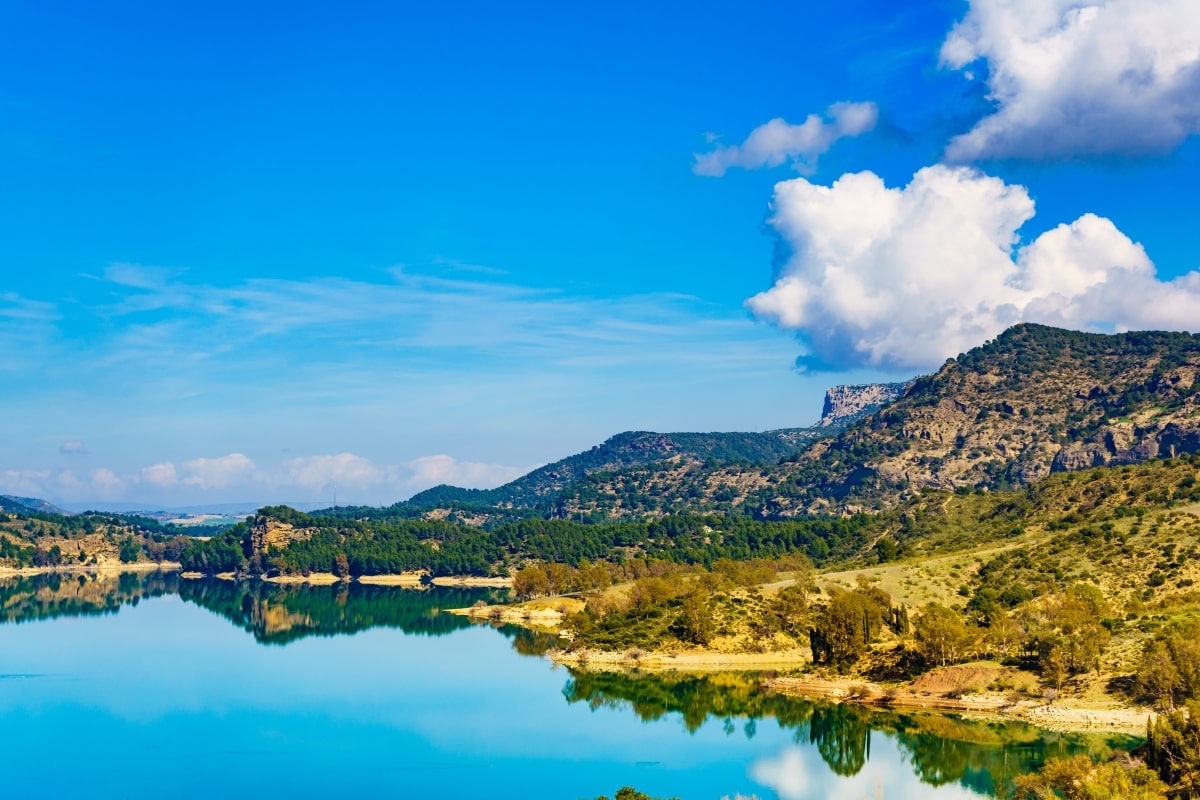
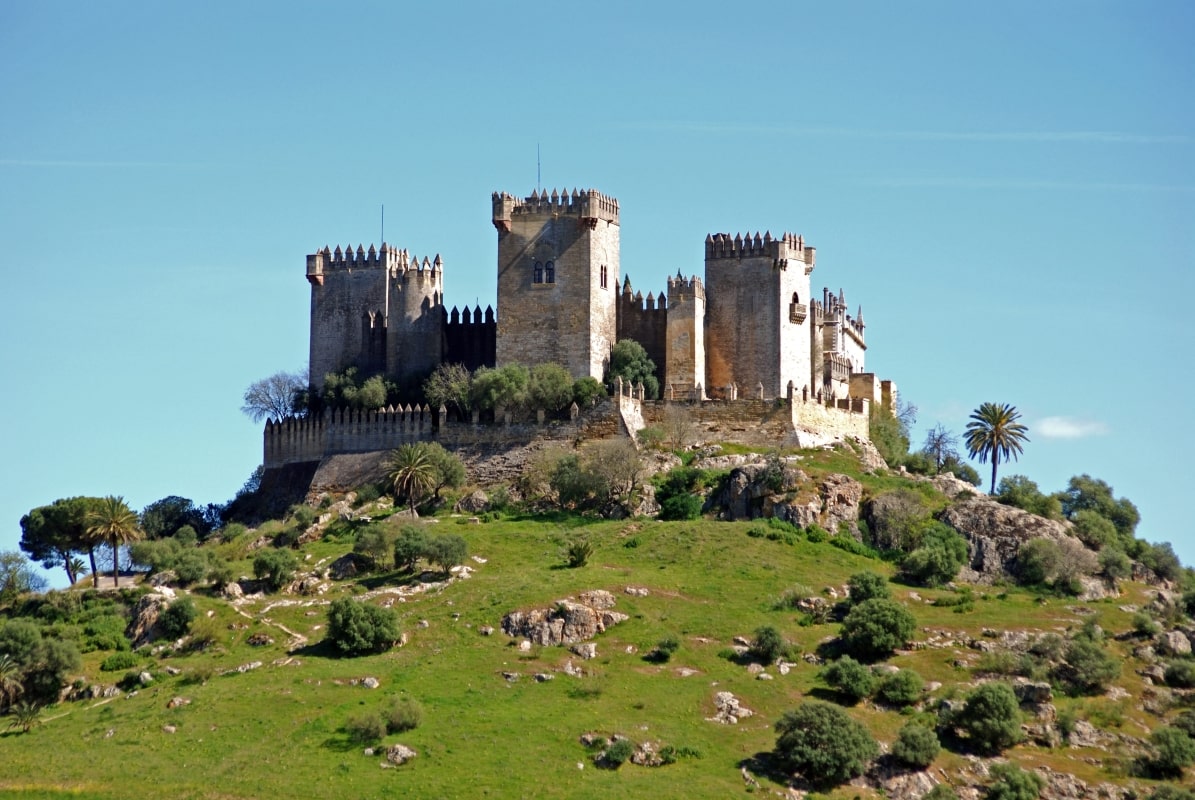
STEPS PRIOR TO FINALISING THE PURCHASE
Before you sign at the Notary you will need to open a Spanish bank account and obtain a (NIE) Numero de Identificación Extranjero. Your lawyer can do this if he has a Power of Attorney. We do not recommend you do this yourself. Getting appointments to apply is a hit and miss affair and you will need to be physically present at least twice.
The NIE is necessary to enable you to pay the I.T.P. (Impuesto Sobre Transmisiones de Patrimonio) which is a tax levied on the purchase of assets (property, vehicle etc.).
If you are a non-resident your lawyer will also obtain from your bank a certificate confirming that the funds with which the property is being purchased have been transferred from outside of Spain.
STEPS PRIOR TO FINALISING THE PURCHASE
Before you sign at the Notary you will need to open a Spanish bank account and obtain a (NIE) Numero de Identificación Extranjero. Your lawyer can do this if he has a Power of Attorney. We do not recommend you do this yourself. Getting appointments to apply is a hit and miss affair and you will need to be physically present at least twice.
The NIE is necessary to enable you to pay the I.T.P. (Impuesto Sobre Transmisiones de Patrimonio) which is a tax levied on the purchase of assets (property, vehicle etc.).
If you are a non-resident your lawyer will also obtain from your bank a certificate confirming that the funds with which the property is being purchased have been transferred from outside of Spain.

THE NOTARY
Once all the documentation is in place and you have transferred the balance of the purchase monies to Spain, your lawyer will undertake the necessary arrangements with a Notary and fix a convenient date when you and the seller can be present to sign, unless you have executed a Power of Attorney to your lawyer.
Sale of the property is formalised when the Notary verifies that all the parties are who they say they are, that the selling party really are the owners of the property and that the price stated in the escritura is being paid. This will normally be demonstrated by a copy of the transfer evidencing the 10% deposit and sight of a bank guaranteed cheque for the balance.The notary will then read loud the main points of the escritura and ask all parties if they are in agreement with it, after which all parties sign and the purchase is definite. The buyer also receives the keys to the property at this point.
If any of the parties do not speak Spanish the Notary will normally insist that they have an interpreter so that each clause is understood before the parties commit themselves. Your lawyer may do this. In case of necessity we can also undertake this service for you.
Once the signing is completed an unsigned copy of the escritura is provided (a copia simple) to each party and the Notary faxes a copy immediately to the Registro de la Propiedad to prevent the seller fraudulently selling the property a second time before the buyer has had chance to register his purchase.
If the sellers are not fiscally resident in Spain the law requires the buyer, to retain 3% of the purchase price and pay this, within 30 days and on behalf of the sellers, to the tax authorities. This is, in effect, an advance payment of capital gains tax. Often non-resident sellers would leave the country, cheque in hand, and never make a declaration of capital gain. This is the Spanish government’s way of ensuring that they get at least a measure of tax. Your lawyer will take care of the retention and will pay it over to Hacienda for you.

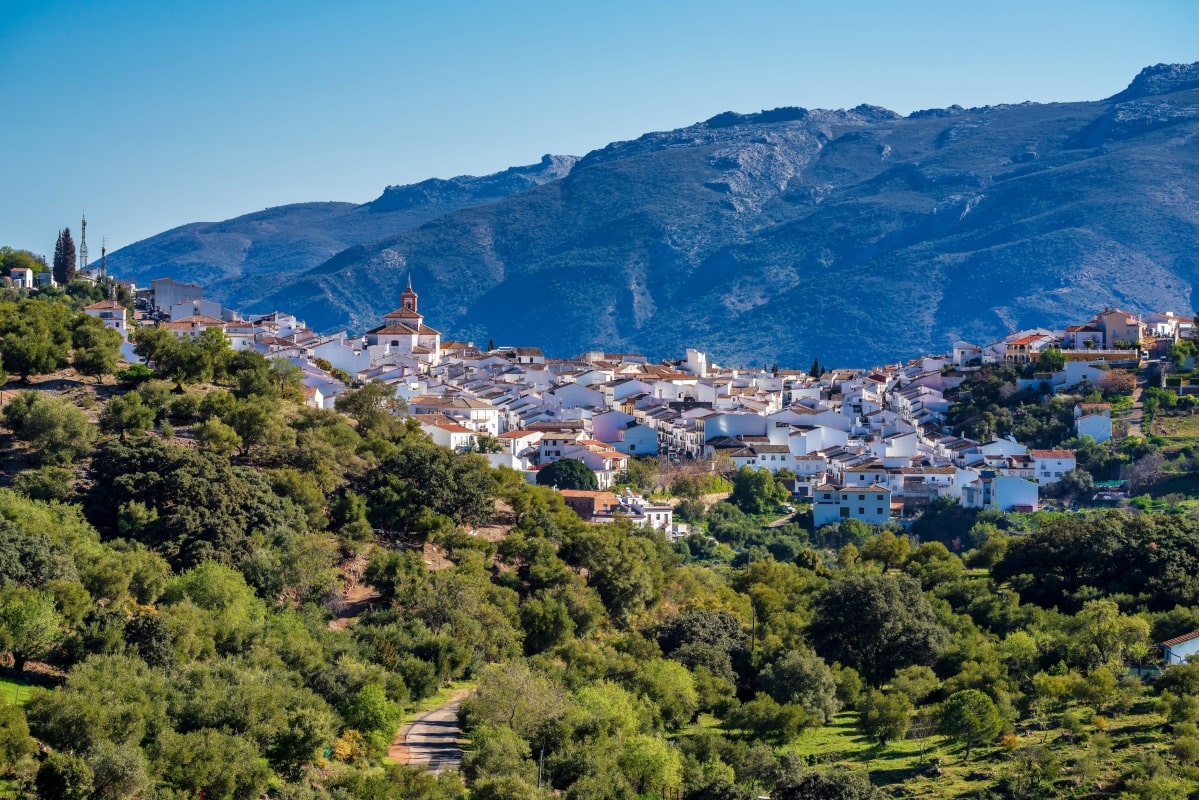
REGISTRATION OF TITLE
Registration of title should take place as soon as possible but it cannot do so until the I.T.P. has been paid to the regional government. The buyer has thirty days in which to pay this.
Once the tax has been paid the escritura de compraventa, stamped by the regional government, can be submitted to the Registro de la Propiedad in order to reflect the change of ownership in the public records. Once this is confirmed a new Nota Simple can be ordered which will reflect the change in ownership.
REGISTRATION OF TITLE
Registration of title should take place as soon as possible but it cannot do so until the I.T.P. has been paid to the regional government. The buyer has thirty days in which to pay this.
Once the tax has been paid the escritura de compraventa, stamped by the regional government, can be submitted to the Registro de la Propiedad in order to reflect the change of ownership in the public records. Once this is confirmed a new Nota Simple can be ordered which will reflect the change in ownership.

STEP 8 RECEIVING AN OFFER
As soon as an offer is received we will notify you both verbally and in writing.
Any special conditions pertaining to the offer (e.g. rectification of deeds, catastral plans etc.) will also be stated in writing and we will do our best to check the buyer's ability to proceed before you decide whether to accept the offer. We will advise you and negotiate on your behalf throughout this process, keeping you informed at each step.
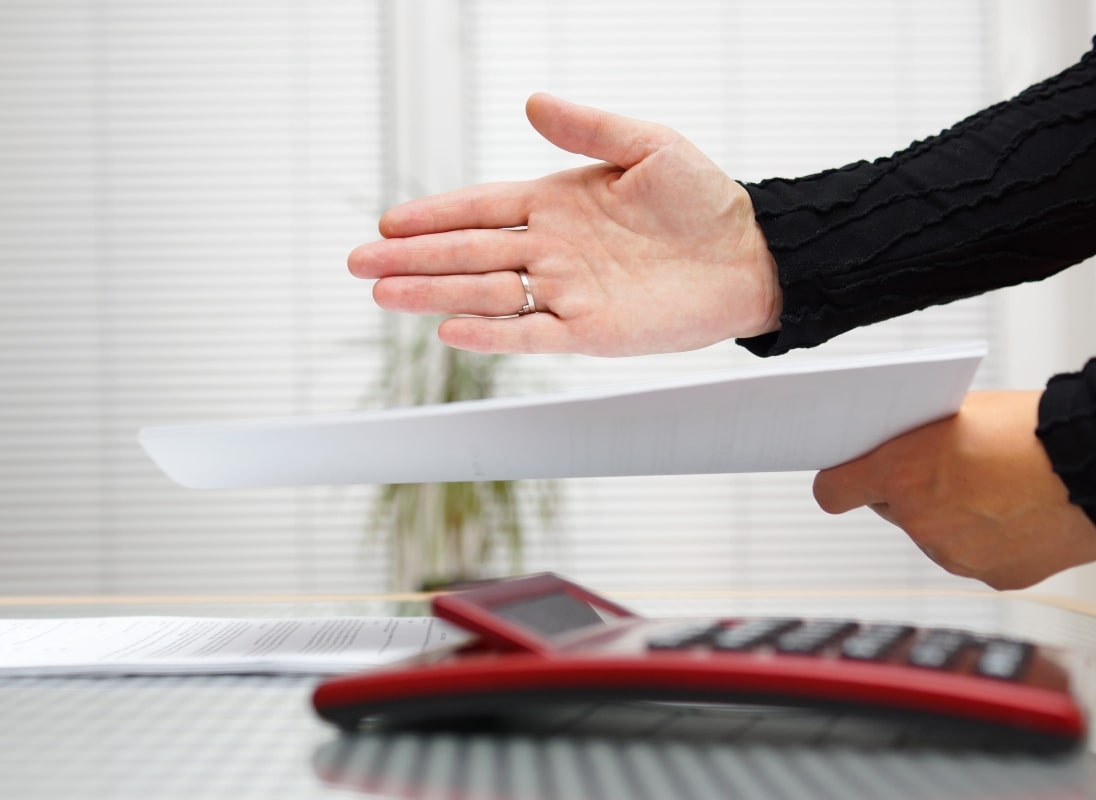
STEP 10 COMPLETION
Completion takes place in the presence of a Notary who is a public official. His/her role is to ensure that the parties are who they say they are, that the sellers are the owners of the property, that the buyer pays the agreed sum and that all parties understand and agree to the sale. Once all parties sign the new title deed the property is sold and the buyer and seller can celebrate with champagne (or, more, usually a beer at a local bar!).
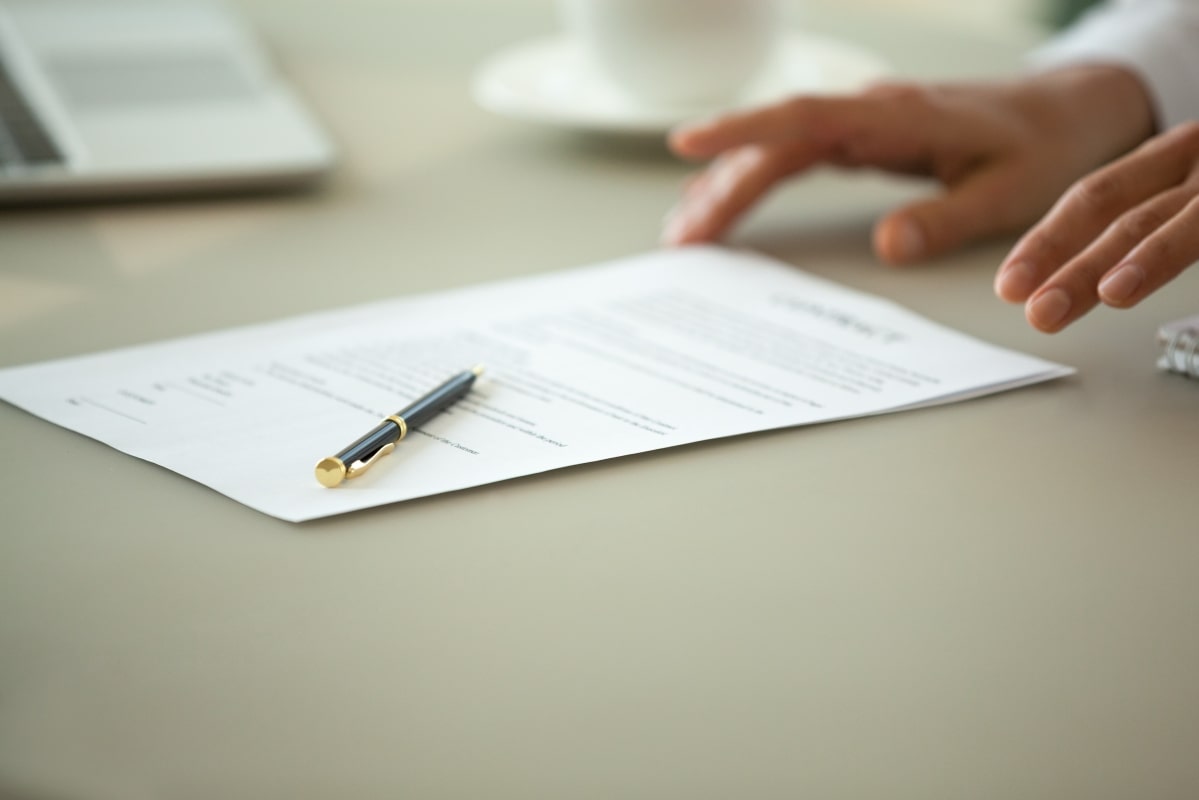
BUYERS FAQ
No, the prices quoted are those sought by the sellers. You need to add the costs of buying which, in Andalucia, are currently approximately 11% - 12%.
